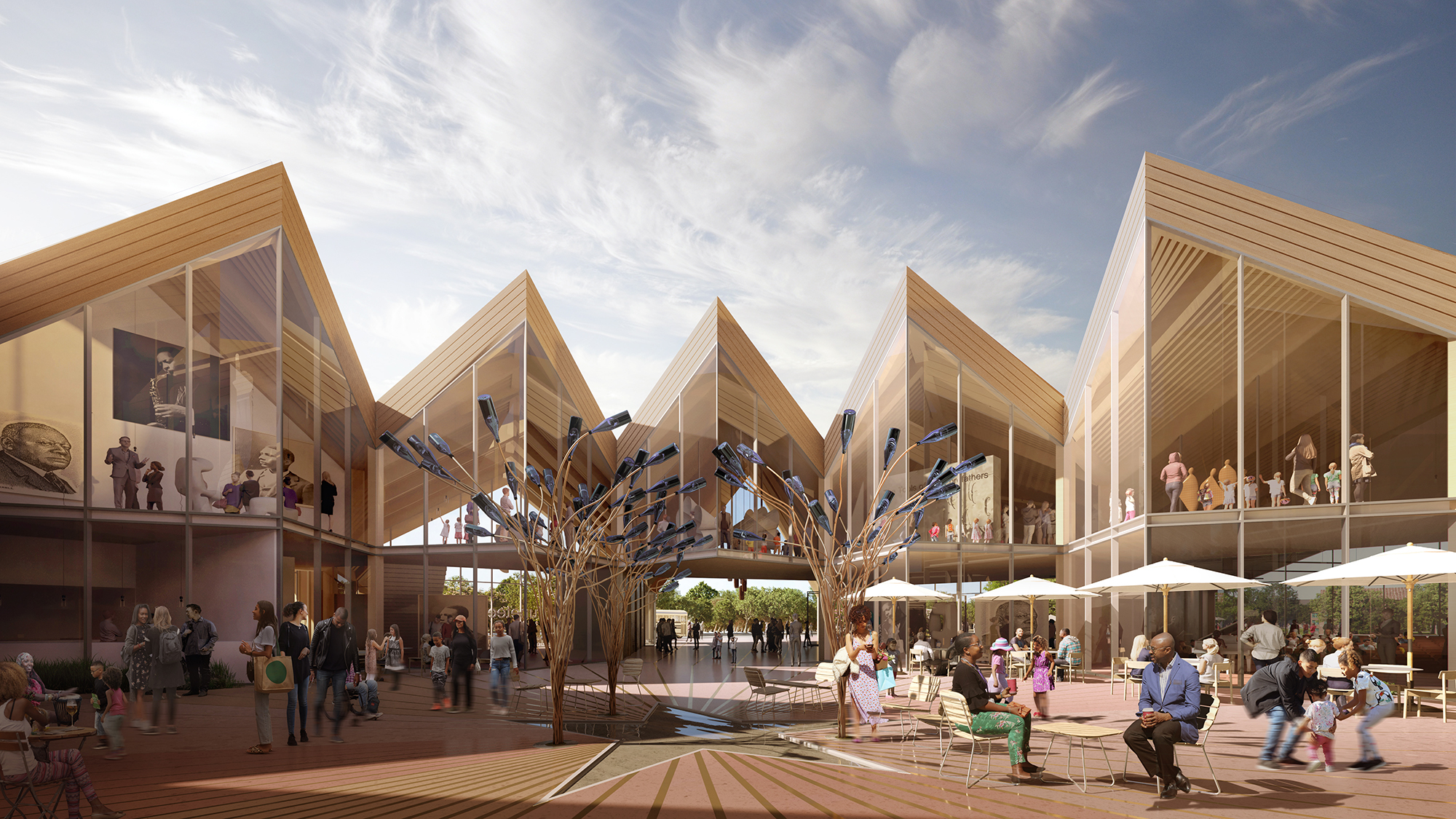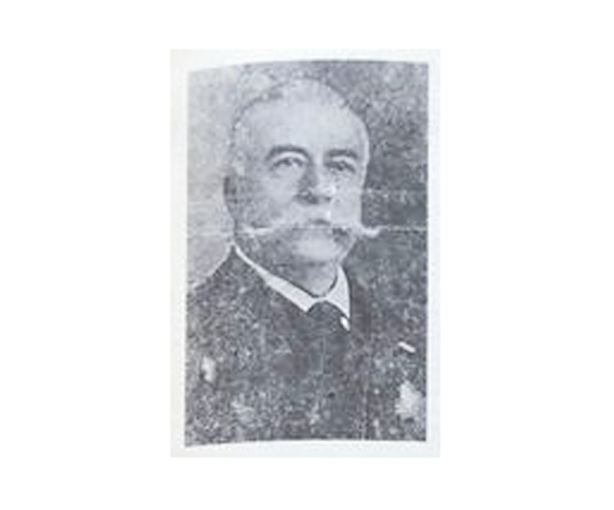
Tyrant’s Foe: Fighting Modern-Day Slavery
A version of this story ran in the June 2013 issue.
Maria Trujillo and her five employees have an ambitious goal: end modern-day slavery. Trujillo, 33, is executive director of the Houston Rescue and Restore Coalition, a nonprofit formed after the city was roiled by one of the largest human-trafficking busts in U.S. history. In 2005, police rescued more than 120 Central and South American women who had been held against their will, forced into prostitution, and made to work as barmaids in seedy bars and restaurants in northwest Houston.
The discovery of the massive human-trafficking ring spurred a grassroots volunteer group founded by Houstonians Stephanie Weber and Gayle Christie. In 2007 the group formed a nonprofit and then appointed Trujillo as executive director. “People in Houston realized that this was a big problem that needed to be addressed,” Trujillo says. “There wasn’t an organization doing education, awareness or training.”
Human trafficking is the second-largest criminal industry in the world, behind drugs, Trujillo says. Its victims are often sexually exploited and forced to perform unpaid, or slave, labor. Houston is considered a hub for human trafficking, Trujillo says, because of its port, international airport and proximity to Mexico. “It’s a distribution area, and it has a large sex industry.”
Trujillo and her team focus on outreach, training and prevention. They train health professionals, law enforcement, 9-1-1 operators and even cable installers—because they have a level of access to homes and businesses that police don’t, she says, and can often spot victims of trafficking. Last year, the coalition trained 9,000 people how to identify and help victims. “We also have a huge outreach effort,” she says. “We do community presentations with everyone from the Rotary Club to neighborhood associations.”
In 2006, the Houston Rescue and Restore Coalition designated the third week of September as human-trafficking awareness week to inform and educate Houstonians. Since then, Texas’ elected officials have gotten more involved in the issue. In 2010, Attorney General Greg Abbott appointed Trujillo to a statewide task force on human trafficking, and Houston Mayor Annise Parker formed an advisory committee on human trafficking with Trujillo as chair.
The nonprofit also launched a campaign to make Houston one of the largest fair-trade cities in the country, “connecting our consumerism with an awareness about fair labor without slavery,” Trujillo says. The group is increasingly focusing on prevention with a program for at-risk youth that promotes self-esteem and aims to educate young people to prevent them from becoming vulnerable to exploitation by traffickers.
A lot has changed since 2005, when Houstonians woke up to the news of a major trafficking ring operating in their city. Now, Trujillo says, many residents are aware of the problem and even volunteer with her organization to help victims. The field of human-trafficking awareness and prevention is still young—only 13 years old, Trujillo says. But it has come a long way. “When I first started working on this issue, very few people knew anything about human trafficking,” she says. “Now we have a solid law-enforcement team investigating these cases. Houston has really made a concerted effort.”
But in a global economy, the industry of human trafficking has become a $32-billion-a-year business, Trujillo says, and Houston is still a major hub. “Of course, we know we still have a lot of work to do,” she says.


